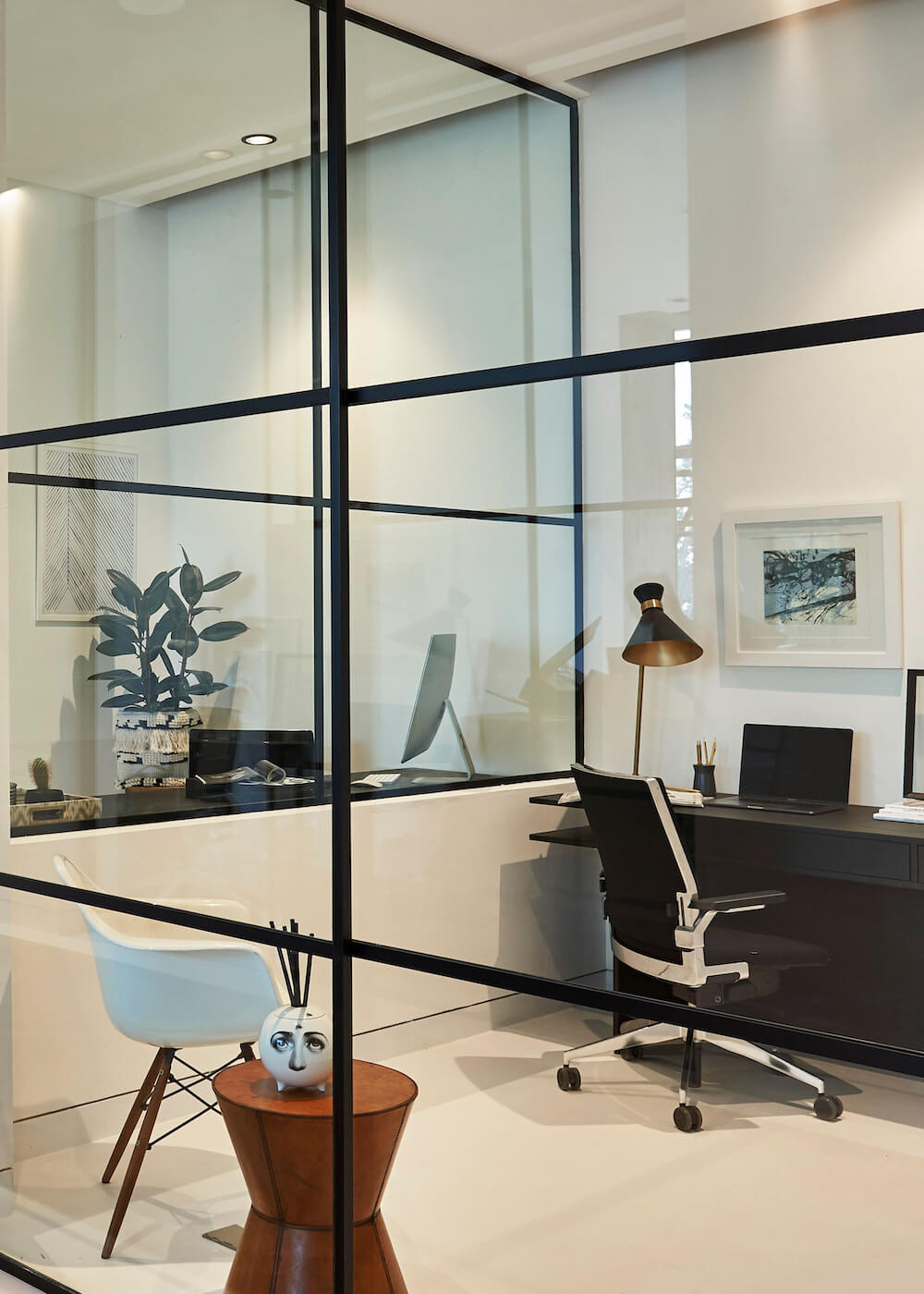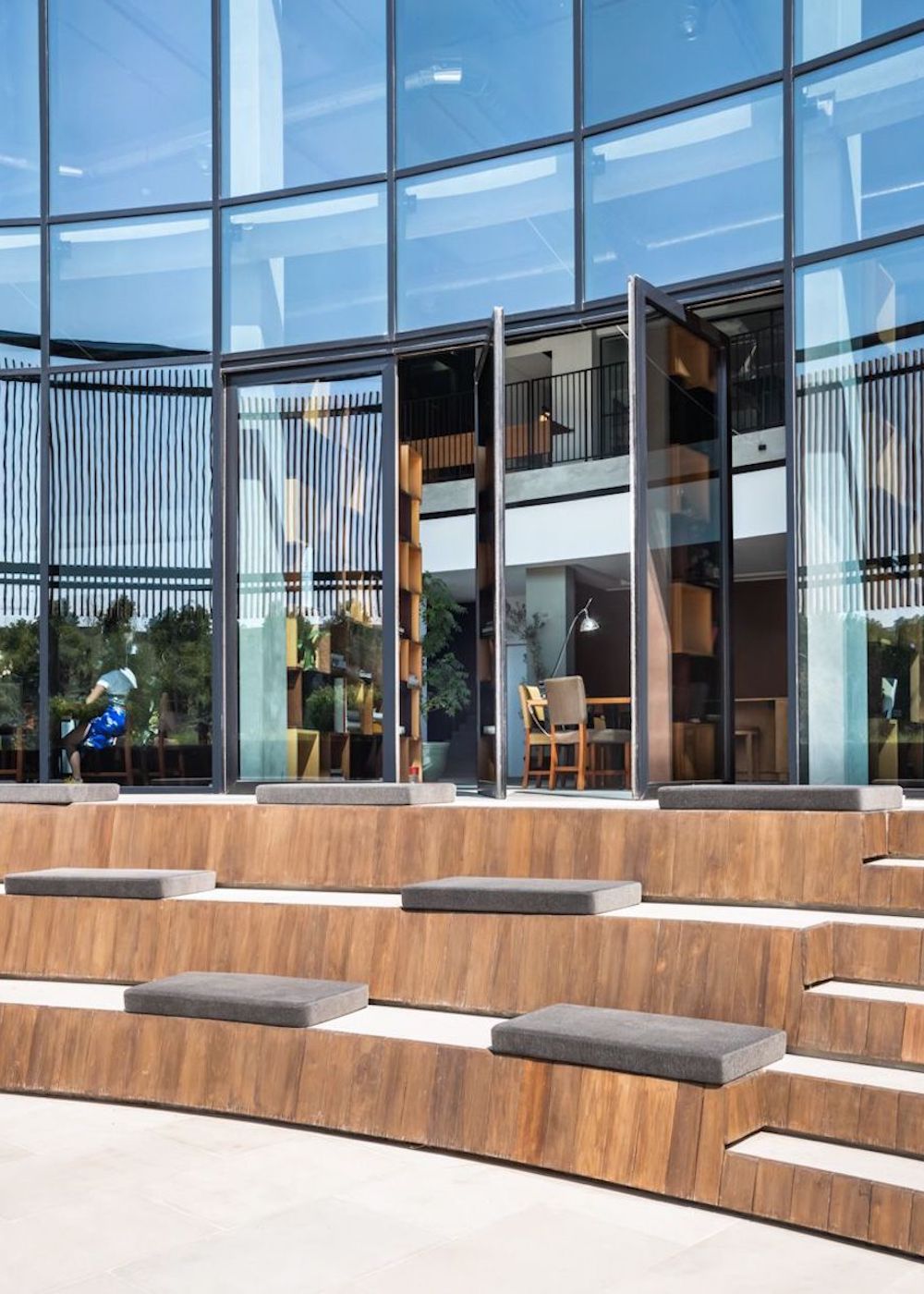
In recent years, a growing number of entrepreneurs are trading their home offices for premium workspaces. But what’s driving that shift? What makes a “premium workspace” more appealing than working from the living room? In this post, we’ll dive deep into the reasons, address frequently searched questions, share tips, and show how you can make the most of this trend.
What do we mean by “premium workspace”?
First, a quick definition:
- A premium workspace is a high-end shared office / coworking / serviced office space that offers excellent amenities (fast internet, meeting rooms, reception, design interiors, café, lounges, etc.).
- It’s more than just a desk—it’s an environment built for productivity, image, and community.
Now, let’s explore why entrepreneurs are gravitating toward these spaces instead of working from home.
What drawbacks do entrepreneurs face with home offices?
Entrepreneurs who try to operate from home often bump into:
1. Distractions & blurred boundaries
Kids, household chores, doorbells, or even the sofa calling your name—these are real productivity crushers.
At home, work and life blur. It’s easy to overwork or get sidetracked.
2. Lack of professional context
Inviting a client to your living room has a different vibe. It can undermine credibility.
Home setups rarely match the polished presentation of a business office.
3. Isolation & lack of interaction
Working solo day after day can drain your energy and creativity. Humans thrive on connection.
Coworking & premium offices offer built-in community.
4. Infrastructure limitations
You might lack proper backup power, fast internet, office equipment, meeting rooms, etc.
Premium spaces bundle those essentials so you don’t have to manage them.
Why are premium workspaces becoming the preferred alternative?
Here are key advantages motivating this shift:
1. Boosted productivity by design
Premium workspaces are curated for focus—quiet zones, ergonomic furniture, meeting rooms, and fewer distractions.
Many entrepreneurs report they get more done in an hour at a coworking space than half a day at home.
2. Networking, serendipity & collaboration
You’re surrounded by other ambitious professionals, consultants, startups.
Chance interactions over coffee lead to partnerships or ideas.
Research shows collaboration in coworking spaces drives innovation.
3. Flexibility & scalability
Need one desk now, three next month? Premium workspaces let you scale up or down.
You avoid long leases, big deposits, and rigid contracts.
4. All-in amenities & services
Reception, mail handling, café, cleaning, printers, backup power, security—all included.
You save time and energy managing logistics.
5. Better brand & client perception
Holding meetings in a modern, sleek office delivers confidence.
It sends a message: “We take business seriously.”
High-end offices are even becoming a status signal among teams.
6. Mental wellbeing & work/life balance
The physical separation between home and workspace helps you “switch off” at the end of the day.
Also, access to community reduces isolation.
What questions are people asking about this shift?
Here are trending queries and concise answers:
❓ Is a premium workspace more expensive than home?
Yes, in raw monthly cost it often is. But factor in what you get: infrastructure, reliability, networking, fewer distractions, and time saved. Many entrepreneurs consider it a worthwhile investment in results.
❓ Will I lose flexibility with a premium space?
Not necessarily. Many premium workspaces offer hot desks, part-time plans, day passes, or hybrid access. You rarely need to commit full time.
❓ What if I work better from home sometimes?
That’s fine—many premium spaces support hybrid work. You might split your week: home for deep work days, premium space for collaboration or client meetings.
❓ How do I choose the right premium workspace?
Compare location (accessible to you and clients), amenities (internet speed, meeting rooms, parking), community (industries, networking), cost plans, and branding rights (can you put your logo?) U.S. Chamber of Commerce+2THRIVE | Coworking+2
❓ Do premium workspaces benefit small teams or solo founders more?
Both. For solo founders, the networking and separation from home are big pluses. For small teams, the flexibility and shared infrastructure reduce overhead.
Tips to make the transition smooth
- Visit prospective spaces in person—see lighting, noise, layout
- Try a few trial days before committing
- Choose a plan aligned with your usage (don’t overpay for unused desks)
- Attend community events to meet peers
- Use the infrastructure (meeting rooms, reception) to polish your operations
- Keep a “home fallback” for occasional remote days
FAQs
Q: What is the difference between a coworking space and a premium serviced office?
A: Coworking tends to emphasize community, shared desks, and flexible plans. A premium serviced office is more private, branded, and offers full services (often tailored). There is overlap.
Q: Can a premium workspace help me get investors or clients?
Yes—it strengthens your business image, gives you a professional address, and allows polished meetings. It can help win trust.
Q: Are premium workspaces trending globally?
Yes. The demand for luxury, flexible, community-centered offices is rising, especially in cities where real estate is expensive.
Q: What about hybrid models?
Many businesses adopt hybrid: some days in home, some in premium workspace. This balances cost with benefits.
Q: Can I write off premium workspace costs for tax purposes?
Depending on your jurisdiction, yes—as a business expense. Check local tax laws.





